Microscopic diffractive robotics merge optics and mobility, revolutionizing imaging, medicine, and materials science.
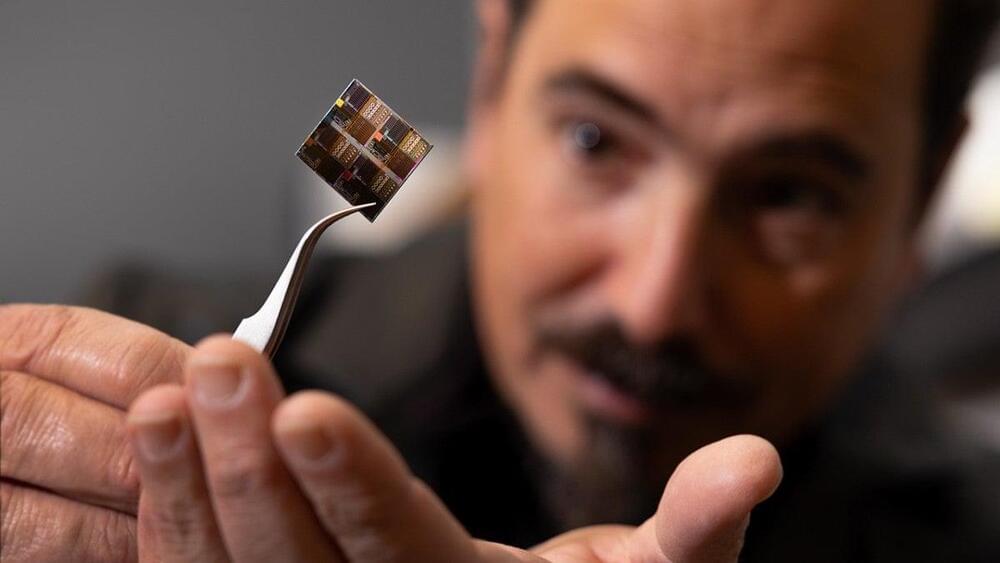

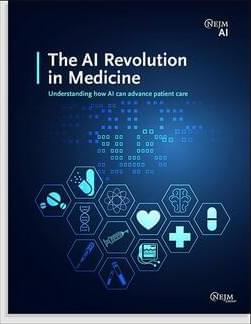
Artificial intelligence is quickly becoming an integral tool in health care. In our new collection, the editors of NEJM AI provide insight into how the use of AI in clinical practice can improve patient care and outcomes.
Featured in this collection:
GPT versus Resident Physicians — A Benchmark Based on Official Board Scores Artificial Intelligence–Powered Rapid Identification of ST-Elevation Myocardial Infarction via Electrocardiogram (ARISE) — A Pragmatic Randomized Controlled Trial Use of GPT-4 to Diagnose Complex Clinical Cases.
Download now.
NEJM AI is a monthly journal from NEJM Group that explores innovative applications of artificial intelligence and machine learning in clinical medicine, serving as a trusted guide to help you navigate the AI revolution.
Access your copy of this valuable collection and discover how AI is transforming and advancing care.
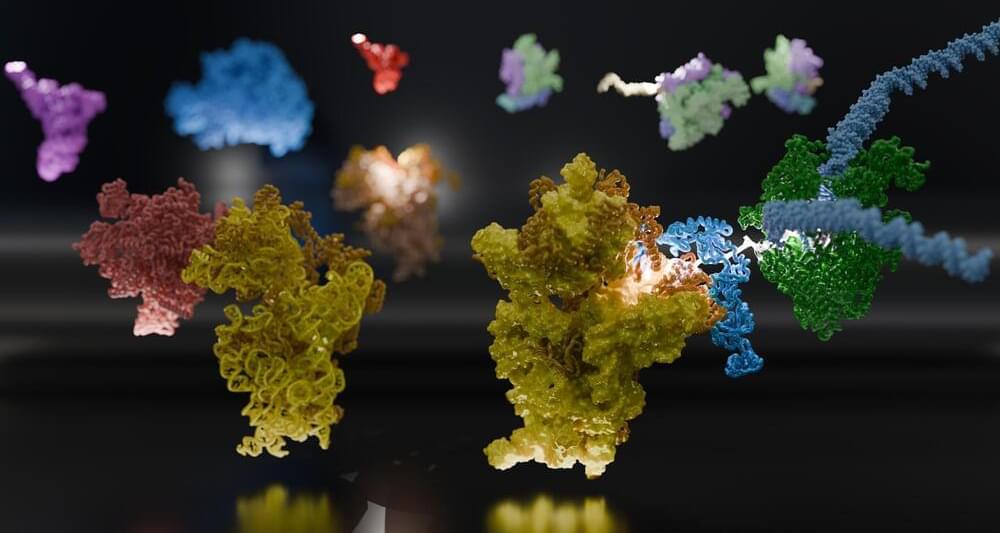
Within a cell, DNA carries the genetic code for building proteins. To build proteins, the cell makes a copy of DNA, called mRNA. Then, another molecule called a ribosome reads the mRNA, translating it into protein. But this step has been a visual mystery; scientists previously did not know how the ribosome attaches to and reads mRNA.
Now, a team of international scientists, including University of Michigan researchers, has used advanced microscopy to image how ribosomes recruit to mRNA while it’s being transcribed by an enzyme called RNA polymerase (RNAP). Their results, which examine the process in bacteria, are published in the journal Science.
“Understanding how the ribosome captures or ‘recruits’ the mRNA is a prerequisite for everything that comes after, such as understanding how it can even begin to interpret the information encoded in the mRNA,” said Albert Weixlbaumer, a researcher from Institut de génétique et de biologie moléculaire et cellulaire in France who co-led the study.
Abstract. Pharmacological inhibition of the mechanistic target of rapamycin (mTOR) signaling pathway with rapamycin can extend lifespan in several organisms. Although this includes the nematode Caenorhabditis elegans, effects in this species are relatively weak and sometimes difficult to reproduce. Here we test effects of drug dosage and timing of delivery to establish the upper limits of its capacity to extend life, and investigate drug effects on age-related pathology and causes of mortality. Liposome-mediated rapamycin treatment throughout adulthood showed a dose-dependent effect, causing a maximal 21.9% increase in mean lifespan, but shortening of lifespan at the highest dose, suggesting drug toxicity. Rapamycin treatment of larvae delayed development, weakly reduced fertility and modestly extended lifespan. By contrast, treatment initiated later in life robustly increased lifespan, even from Day 16 (or ~70 years in human terms). The rapalog temsirolimus extended lifespan similarly to rapamycin, but effects of everolimus were weaker. As in mouse, rapamycin had mixed effects on age-related pathologies, inhibiting one (uterine tumor growth) but not several others, suggesting a segmental antigeroid effect. These findings should usefully inform future experimental studies with rapamycin and rapalogs in C. elegans.
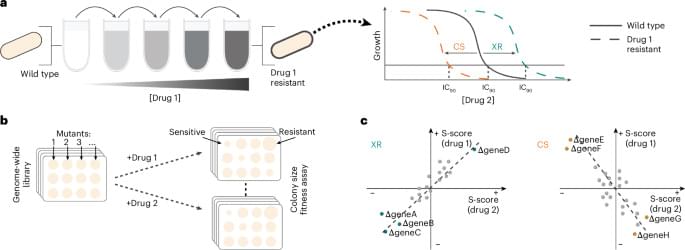
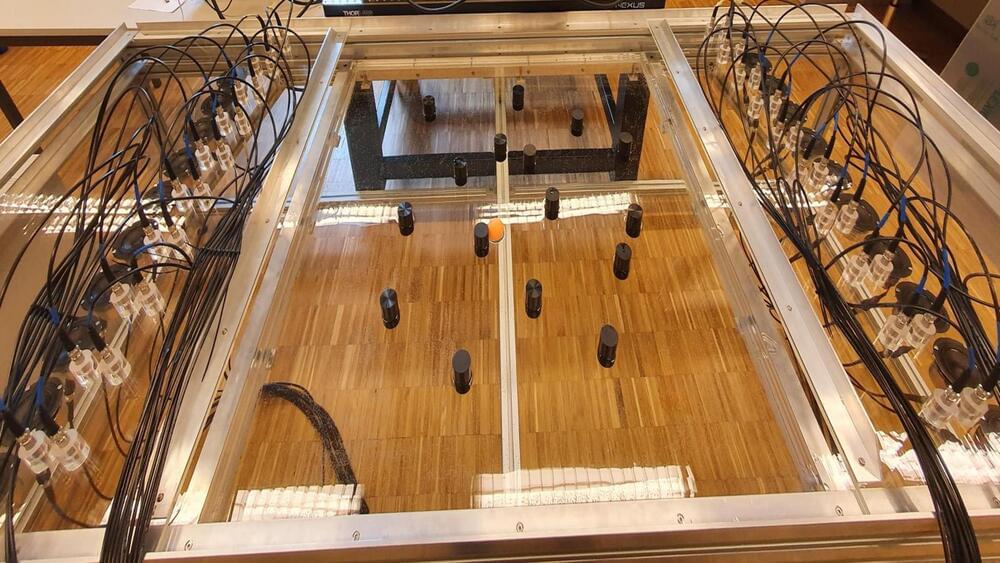
The new sound-based method moves objects regardless of surroundings or properties.
Researchers have successfully manipulated the movement of objects using sound. They directed floating objects around obstacles in an aquatic environment, unveiling new possibilities for noninvasive, targeted drug delivery and other biomedical applications.
Researchers from EPFL’s School of Engineering employed optics-inspired techniques to achieve this object manipulation.
“Optical tweezers work by creating a light ‘hotspot’ to trap particles, like a ball falling into a hole. But if there are other objects in the vicinity, this hole is difficult to create and move around,” said Romain Fleury, head of the Laboratory of Wave Engineering in EPFL’s School of Engineering.
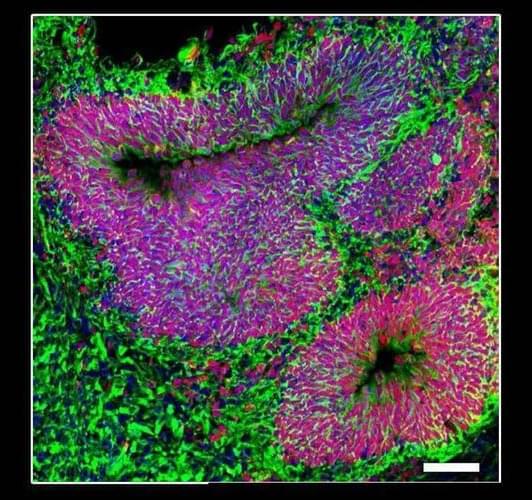
Join us on Patreon! https://www.patreon.com/MichaelLustgartenPhD
Discount Links/Affiliates:
Blood testing (where I get the majority of my labs): https://www.ultalabtests.com/partners/michaellustgarten.
At-Home Metabolomics: https://www.iollo.com?ref=michael-lustgarten.
Use Code: CONQUERAGING At Checkout.
Clearly Filtered Water Filter: https://get.aspr.app/SHoPY
Epigenetic, Telomere Testing: https://trudiagnostic.com/?irclickid=U-s3Ii2r7xyIU-LSYLyQdQ6…M0&irgwc=1
Use Code: CONQUERAGING
NAD+ Quantification: https://www.jinfiniti.com/intracellular-nad-test/
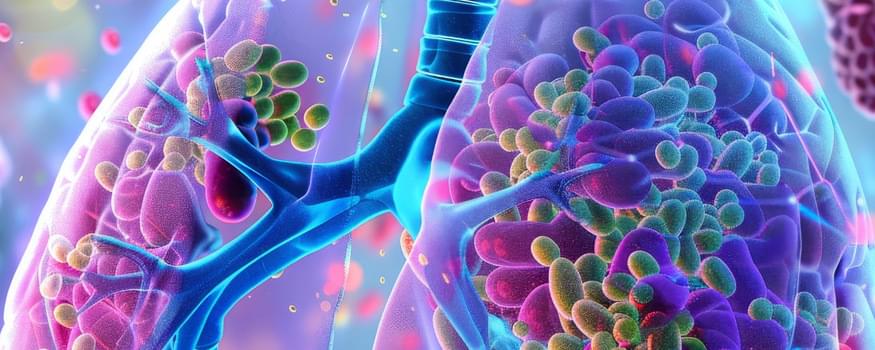
The study of the gut microbiome, which is the total of all the microbes living in the intestines, has been shown to not only play an important role in the health of the bowel itself, but also in the health of distant organs such as the lungs. Lung cancer is one of the diseases that is often difficult to treat successfully. Rohan Kubba from the California Northstate University, Elk Grove, USA, believes that by studying the gut microbiome he can understand more about how anti-cancer treatments affect the gut–lung axis, and how the variations found in patient microbe populations are associated with treatment outcomes.
The microbiome consists of thousands of species including bacteria, fungi, and viruses (microbiota). Each person has an entirely unique network of microbiota, most of them living in their gut but also on the skin, mouth, and lungs. Each person’s microbiome is formed by a combination of factors, including but not limited to exposure to microorganisms during natural birth, consuming their mother’s milk, and later on in life, environmental factors such as diet.
Gut microbiome and disease.
Competitive interactions modify the direct effects of climate.
As the climate is changing, species respond by changing their distributions and abundances. The effects of climate are not only direct, but also occur via changes in biotic interactions, such as competition. Yet, the role of competition in mediating the effects of climate is still largely unclear. To examine how climate influences species performance, directly and via competition with other species, we transplanted two moss species differing in climate niches, alone and together at 59 sites along a climate gradient. Growth was monitored over three growing seasons. In the absence of competition, both species performed better under warmer conditions. Yet, when transplanted together, a warmer climate had negative effects on the northern moss, while the effects remained positive for the southern species. The negative effect of a cold climate on the southern species was larger when both species were transplanted together. Over three growing seasons, the southern species almost outcompeted the northern in warmer climates. Our results illustrate how competitive interactions can modify, and even reverse, the direct effects of climate on organism performance. A broader implication of our results is that species interactions can have important effects on how environmental and climate change influence performance and abundance.